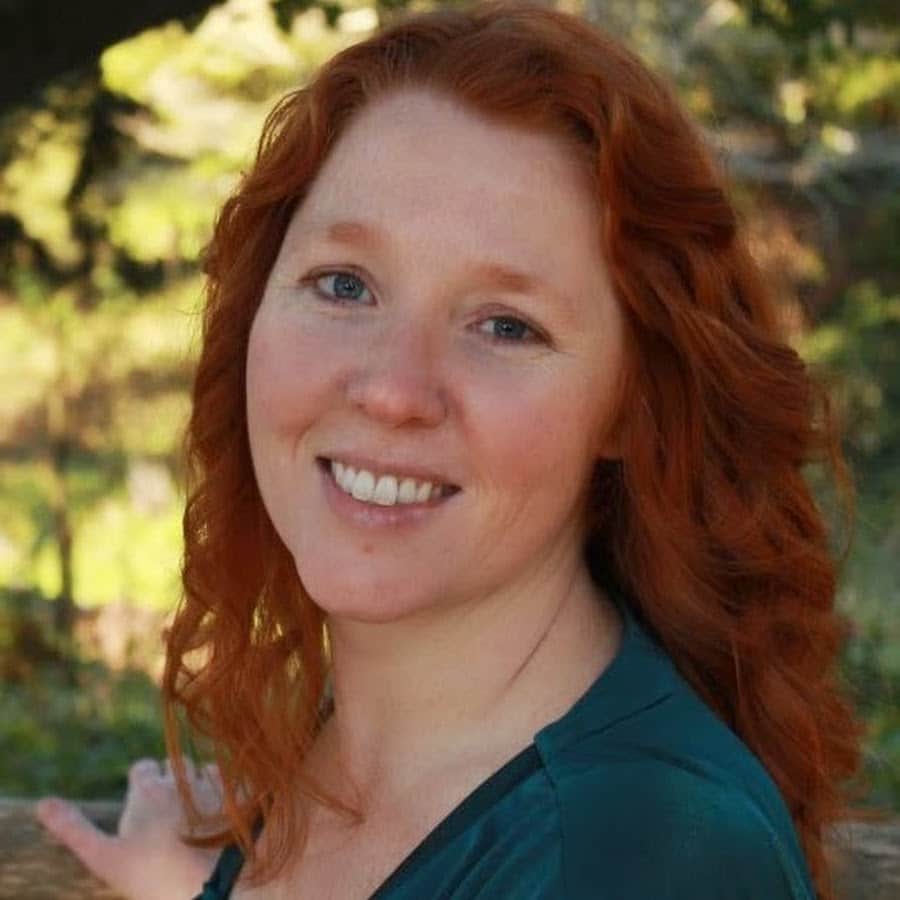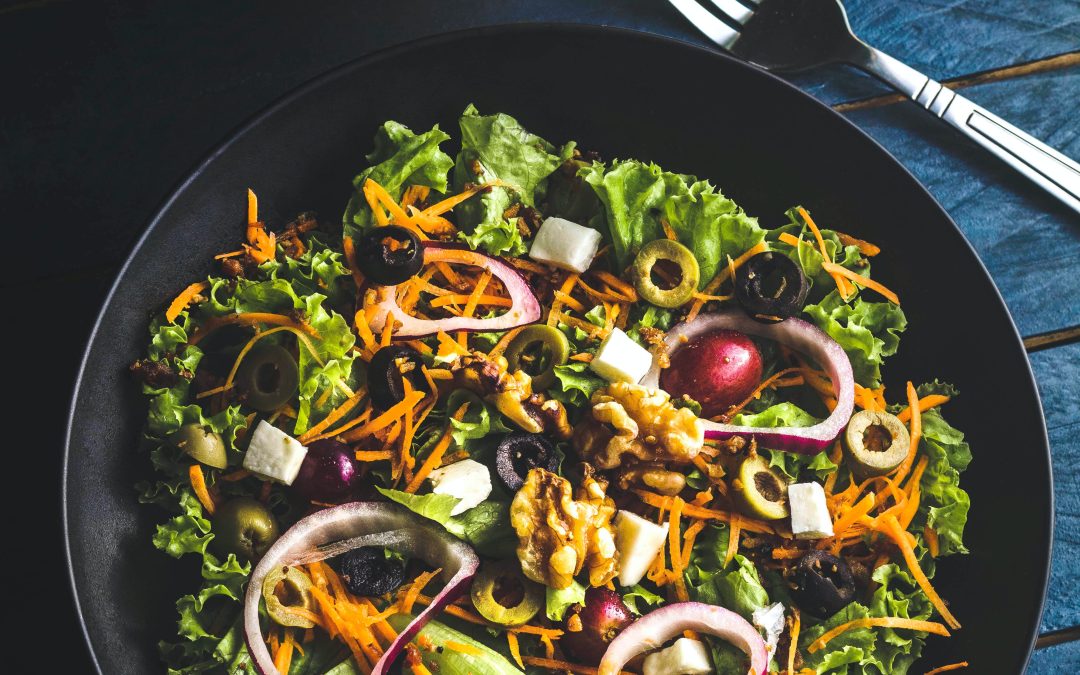We wrap up our series with the wonderful Kristen Kancler in which she shares with us how love, safety, and belonging are key to making the changes we want to make.
————————————-
Self-Sabotage
During the 20 years that I struggled with emotional and compulsive eating, there were a lot of ups and downs.
Mostly downs, with some fleeting ups interspersed. It is a difficult place to be. There’s so much involved: how you feel in your body, how you feel about yourself, how you hold yourself back from what you really want.
Through it all, there was one thing that frustrated me more than anything else:
That even though I knew what to do, I still wasn’t doing it.
Why do we do that? Why do we stop ourselves from having what we really want? Why don’t we just get out of our own way and allow ourselves to have what we know is possible for us?
I shared some essential points for transforming your relationship with food and your body in my first two posts. In the first post, I shared that what you eat matters, and that bringing your body into balance is one of the most important things you can do to free yourself from the struggle. In the second post, I spoke to the huge emotional/psychological component that is underneath your cravings and gave you a tool to use to help you through those trigger moments.
There are hundreds of methodologies and tools and practices that will help you lessen, or even disappear the struggle and find peace with food. Maybe you know of some. Maybe you’ve tried them. Maybe you’ve found a level of success or maybe you’ve failed miserably.
But it doesn’t matter how powerful and healing the solution is if you’re not actually able to do it.
Even if you know exactly what to do, and you have it all laid out for you, it’s possible that you still won’t do it. In fact, you’re likely going to have noble intentions… and end up making the same old choices.
Self-sabotage strikes again
And there is a reason for that. You see, there’s your conscious mind, that has a goal and sees the path and has it all planned out – eat whole foods, balance your blood sugar, feel your emotions when they come up, use the SAFE method when you’re triggered.
You’ve got your plan, you’re inspired to put it into action, and then all these other things start getting in the way – i.e. “life” starts happening.
All sorts of reasons and excuses start to come up: “I’m too tired,” “I’m too busy, I just don’t have the time,” “I’ll start tomorrow,” “I totally forgot!”
And you get frustrated and upset because you should be able to do it. You have a plan, you’re a smart, dedicated woman who’s deeply committed to being healthy!
But there’s also your subconscious mind. As much as your conscious mind likes to think that it’s in charge, your subconscious mind is actually running 95% of the show. And your subconscious mind sees change as a threat.
So no matter how amazing your plan is, you won’t be able to follow it unless you address the underlying reason you’re staying stuck.
Each of us has unique programming that was formed when you were young, that tells you when it’s okay to go forward, and when it’s not.
And it all comes back to your three basic human needs: Love, Safety, and Belonging. In other words, you have beliefs around what you need to be, do, or have in order to feel like you are loved, safe, and like you belong.
And these beliefs have gotten you to where you are now. Your current way of being is keeping you safe in your belief system.
And as you reach for what you want (whether that’s eating better, exercising more, taking time for yourself, or losing weight)… these things are somehow, in some way, outside of your current belief system for love, safety, and belonging. And so your beliefs start pulling you back to what is safe and familiar.
I want you to really get this
Your current default eating habits exist for a reason. You created yourself and your situation perfectly, based on what you believe for yourself in order to have love, safety, and belonging intact.
And doing anything differently that might give you a different way of being, is not aligned with keeping love, safety, and belonging in tact.
Your programming and subconscious beliefs about what you need to do, be, or have to keep the feelings of love, safety, and belonging in tact are taking over!
One of my clients came to me saying that one of the things that she wanted was to lose weight and shine her light. But as we worked together, we uncovered an underlying fear that if she loses weight and shines her light, well, shining her light will attract attention. She’ll start getting noticed by men and because of a very traumatic incident in her past, getting that attention feels incredibly unsafe for her.
It lived for her like a dangerous inner conflict on a subconscious level. She wasn’t even aware that this was happening, but the underlying belief was, “If I lose weight, I won’t be safe.”
Until she was able to feel safe, at a subconscious level, she just wasn’t going to be able to make the changes in her life that she knew she had to make. And she wasn’t going to release the weight!
So if you don’t shift your beliefs, then your subconscious mind will find creative ways to stop you from losing weight.
And that can look like a binge, that can look like living out your same patterns, and that can look like, “I’m too tired,” “I’m too busy, I just don’t have the time,” “I’ll start tomorrow,” “I totally forgot!”
Sound familiar?
In order to change your habits and your relationship with food, you have to shift your beliefs around love, safety, and belonging, so that they align with what you want. So they don’t hold you back.
Basically, your subconscious mind has to be on board.
So you can stop beating yourself up for not being able to follow through on what you know to it. It’s not your fault! Your subconscious mind is just trying to keep you safe.
Guest Post Disclaimer: Any and all information shared in this guest blog post is intended for educational and informational purposes only. Nothing in this blog post, nor any content on CPTSDfoundation.org, is a supplement for or supersedes the relationship and direction of your medical or mental health providers. Thoughts, ideas, or opinions expressed by the writer of this guest blog post do not necessarily reflect those of CPTSD Foundation. For more information, see our Privacy Policy and Full Disclaimer.






